Materials
Scroll down to discover all our teaching materials!
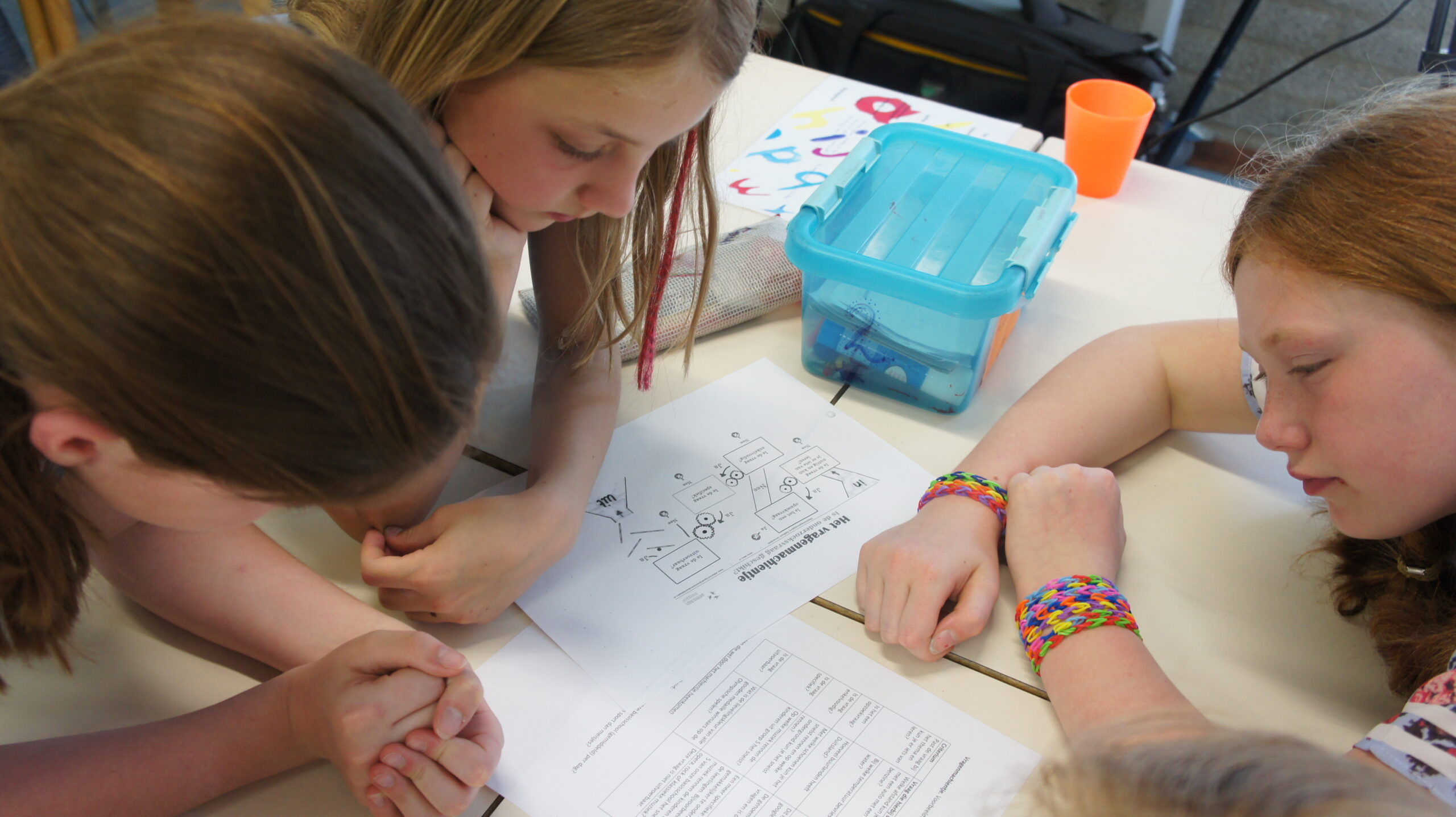
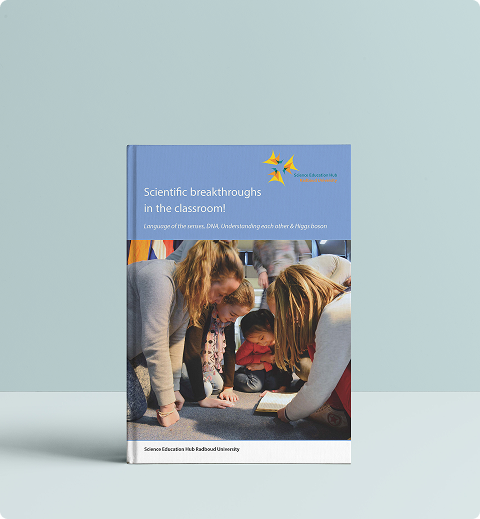
Discover the book!
We develop education materials for inquiry-based learning with and for teachers. From 2011 until 2024, the WKRU annually published a new Dutch book in the book series ‘Scientific breakthroughs in the classroom!’. The books cover and translate many of the top research projects conducted at the Radboud University and the Radboudumc into activities for in the classroom. They involve research in the natural and social sciences, as well as the humanities. A number of chapters from the book series have been translated into English, which you can find by clicking on the button below.
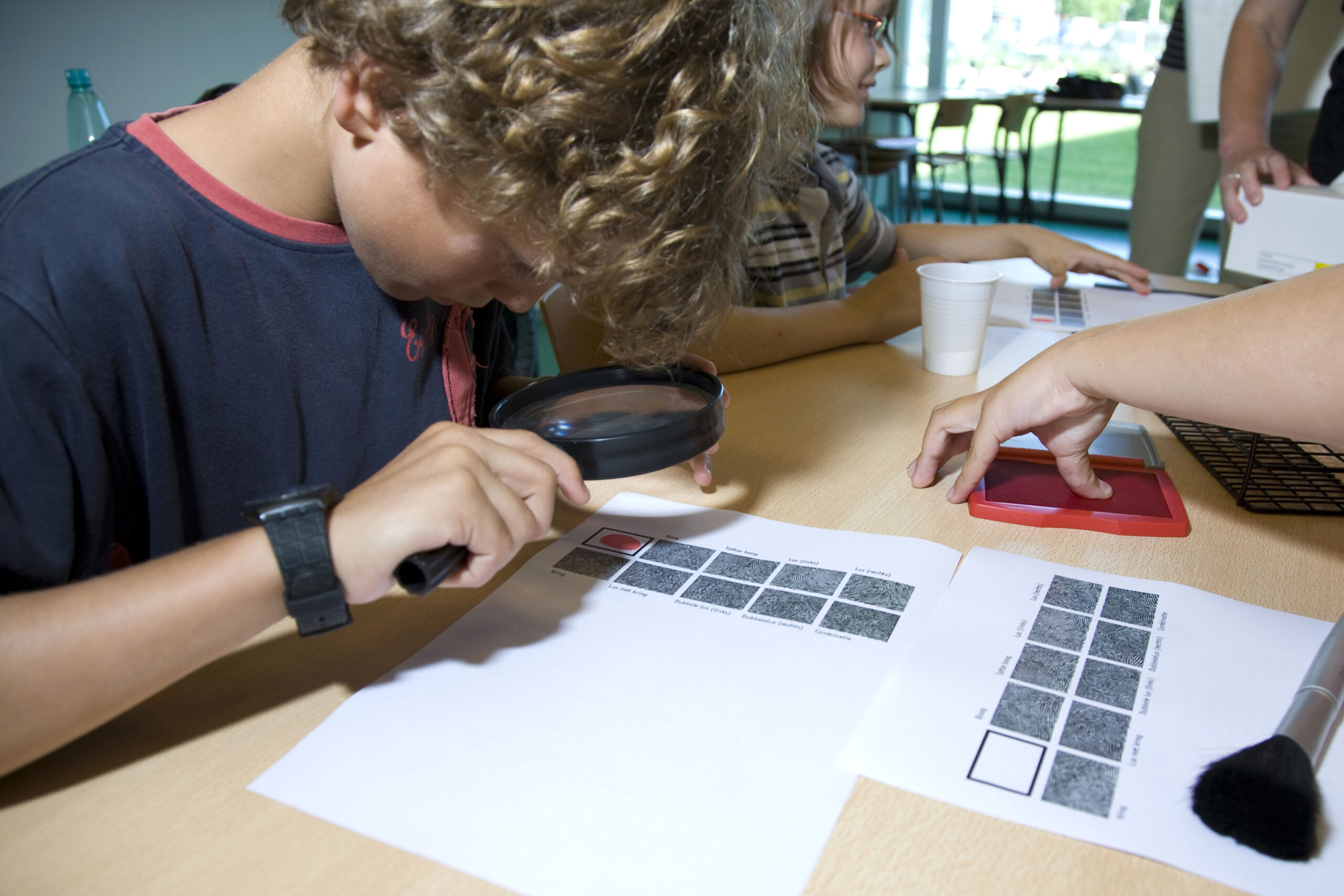
Guideline for Inquiry-Based Learning
When developing activities for scientific themes, the starting point is always that students can also conceive, design, and conduct their own research, inspired by the research of scientists and the activities themselves. How to guide upper-level students in conducting their own research is described in the Guideline for Inquiry-Based Learning. This guide is primarily intended for working with the scientific themes in the book series. However, you can also use your own theme as a starting point.
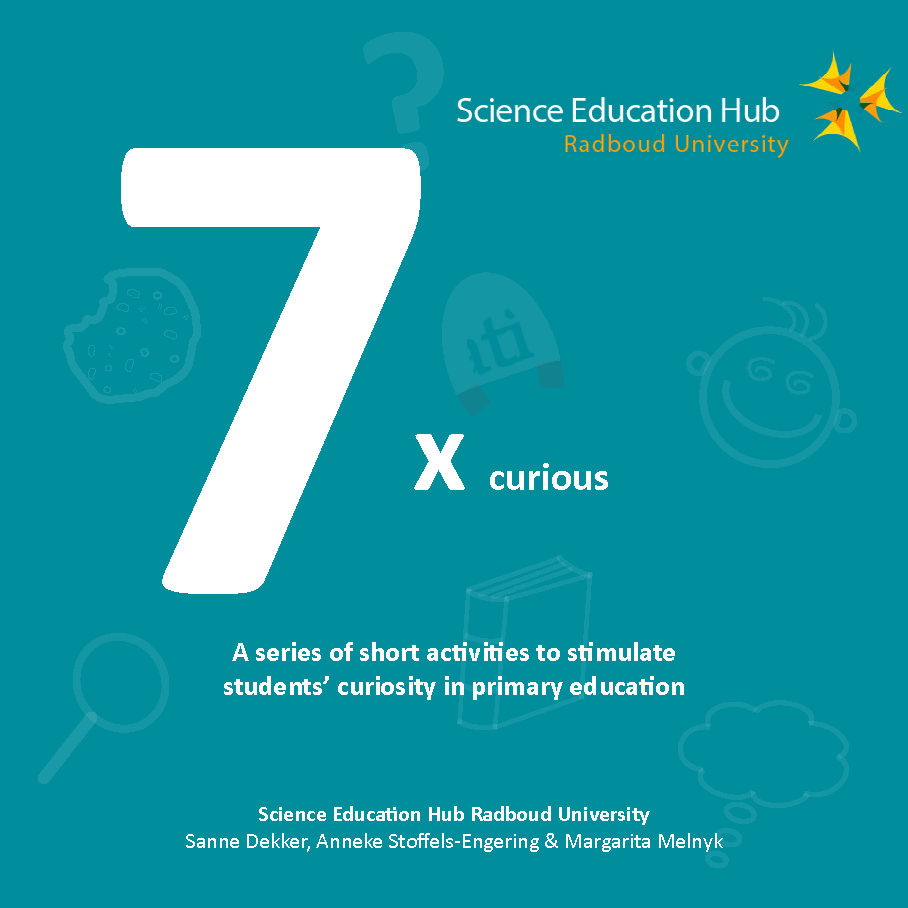
7x curious
Curiosity motivates to learn and it helps to remember information. Teachers often acknowledge the importance to stimulate curiosity of the students, yet find it hard to bring this into practice. We offer seven short activities that teachers can use to stimulate curiosity among their students. We will use examples from four themes that are discussed in the book ‘Scientific breakthroughs in the classroom!’. Yet, the activities are compatible with a wide variety of themes that can be used for instance during projects on inquiry-based learning.
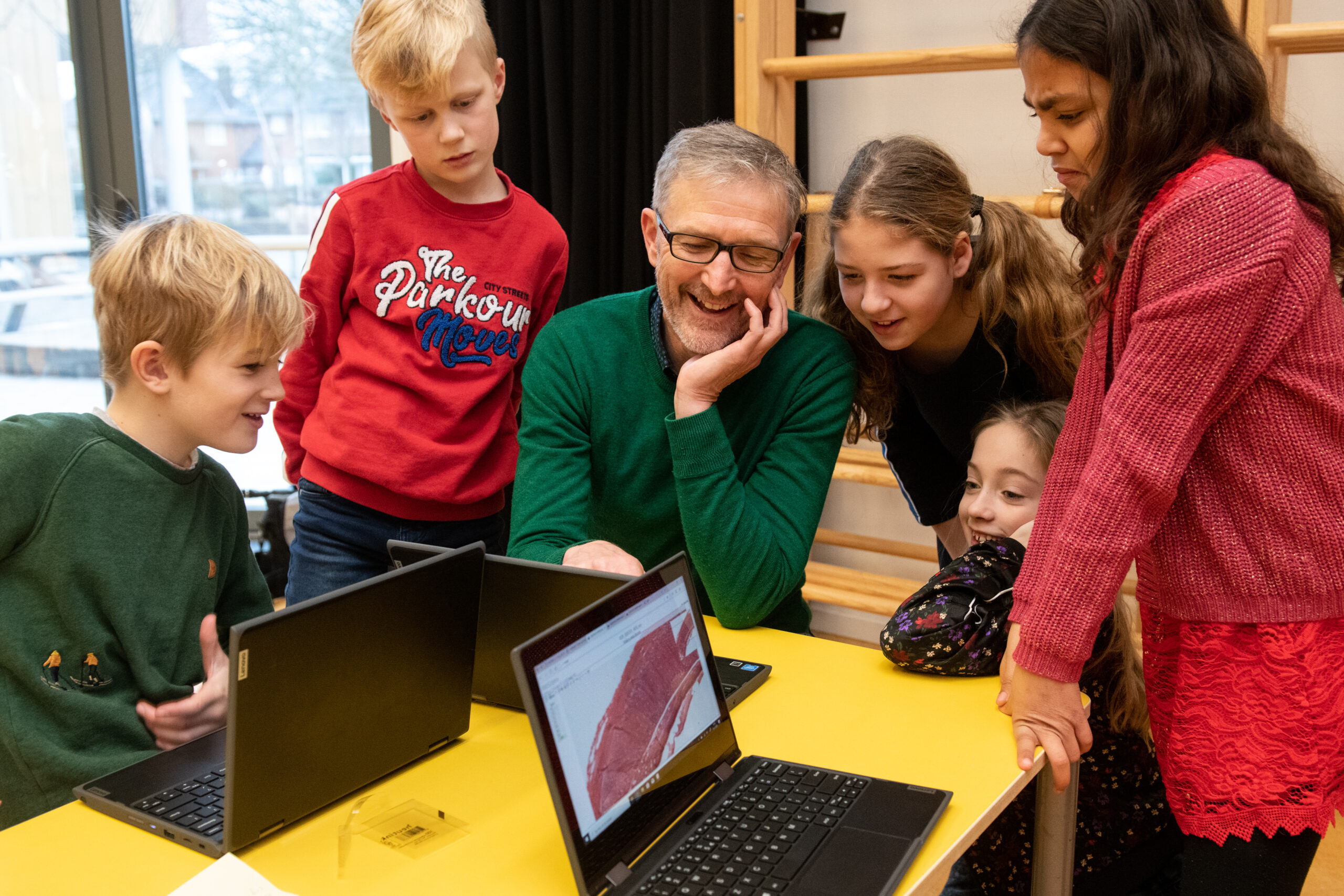
Videos
The Science Education Hub has made a lot of videos. Here you will find links to a selction of videos with English subtitels. There are
- Video modules for teachers to bring science into the classroom using the didactics of inquiry-based learning. The videos feature scientists and teachers sharing their experiences about inquiry-based learning.
- Videos in which students are followed who are working on an inquiry-based learning project in the classroom. There are also interviews with teachers and students working on these projects.
Frequently asked questions
All of our educational materials for primary school are available on this website. Each theme clearly explains how you can practically introduce the topic into the classroom. Sometimes these are projects consisting of several lessons. You can use these projects very well to let students do their own research. Examples of student-driven research can be found in the teaching materials. Please note that you can filter the materials by language.
The teaching materials are suitable for all students in grades 6, 7, and 8 of primary education. They can also be used in enrichment classes. Some themes offer a bit more challenge. Sometimes we mention in the teaching materials that they are more suitable for grades 6/7 or 7/8. Take a good look at the materials first, and you will often be able to assess for yourself whether they match the level of your class.
Some themes are also published as books. You can order them for free here, as long as supplies last. All of our materials are available for free download for you to print yourself.
Do you want to challenge your students to develop their research skills? Take a look here for all our information and tools for teachers. In our guideline for inquiry-based learning, you will discover which steps students go through when setting up their own research. We also show how you can practically guide this as a teacher. We recommend always starting small and putting students’ curiosity at the center. Want to dive deeper into inquiry-based learning? Then be sure to explore our rich database of publications and resources! These will help you prepare both content-wise and practically.
Yes, check out all our children’s lectures (~10 min) from top scientists at Radboud University. You can choose from many topics, ranging from art history to the Higgs boson. We also have video portraits of scientists available. In these, award-winning researchers are interviewed by primary school students, allowing them to get to know them personally. These videos are perfect for breaking the stereotypical image of scientists and reducing the distance between scientists and students. Please notice that these video’s are in Dutch.
The teaching materials from the Science Hub have been developed with funding from Radboud University, Radboudumc, and various grant providers such as NWO. They believe it is important to stimulate curiosity and an investigative attitude in children from an early age. By offering the teaching materials for free, everyone can use them, and science becomes something for everyone.